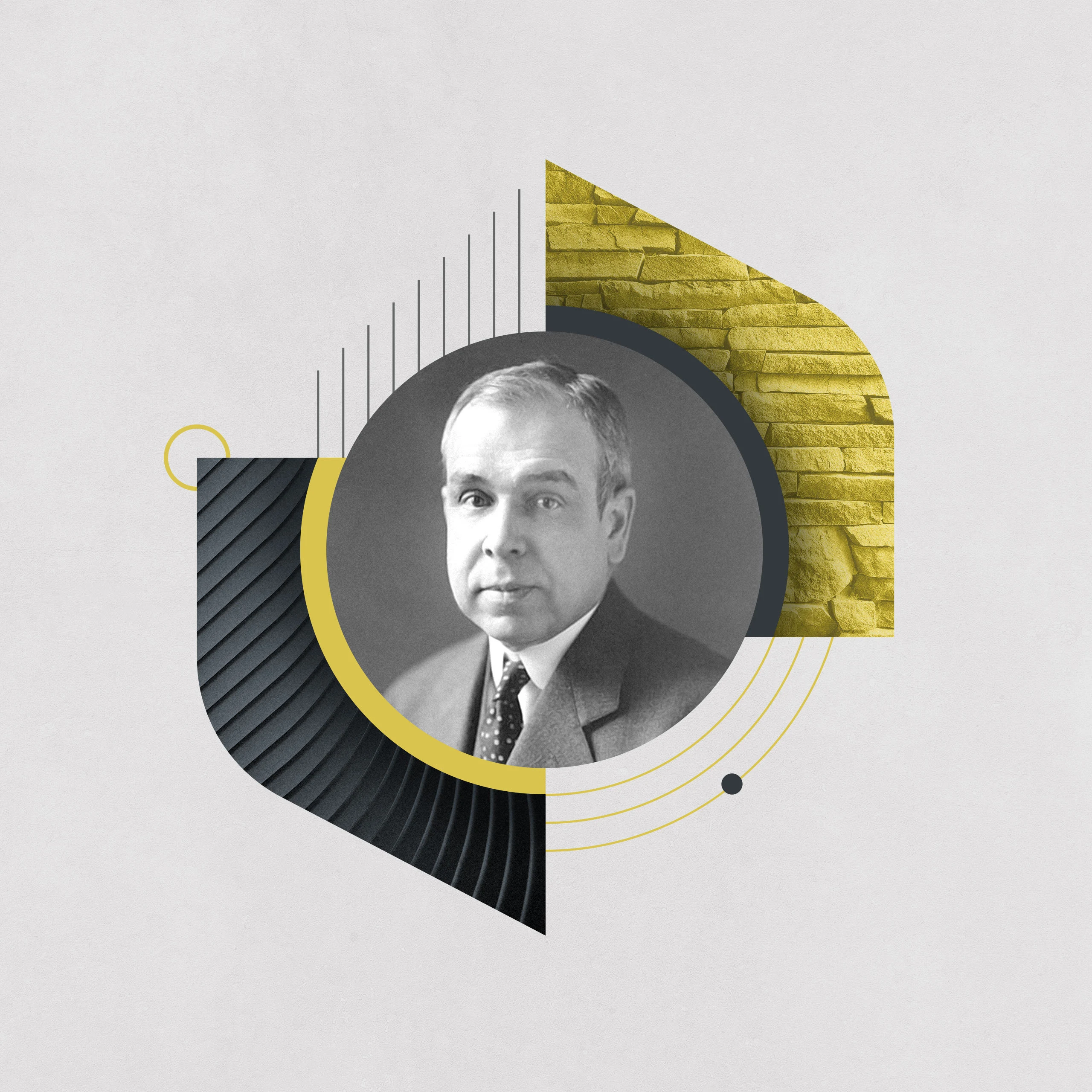Machen's God-Centered Vision
J. Gresham Machen wielded his powers against modernism as an historian and as a student of the New Testament. He argued on historical grounds that from the beginning the church was a witnessing church (Acts 1:8) and a church devoted to the apostles’ teaching. In other words, her life was built on events without which there would be no Christianity. These events demanded faithful witnesses who tell the objective truth about the events, since they are essential. Moreover, the life of the church was built on the apostles’ teaching (Acts 2:42), the authoritative interpretation of the events. Thus Machen’s response to modernism stands: it is not a different kind of Christianity — it is not Christianity at all. The foundational truths have been surrendered; or worse, the concept of truth has been surrendered to pragmatism, so that even affirmations are denials, because they are affirmed as useful and not as true.
The structure of the modernism of Machen’s day is not too different from the postmodernisms of our day. In some churches the triumph of modernism is complete. But it is still a menace at the door of all our churches and schools and agencies. One of our great protections will be the awareness of stories like Machen’s — the enemy he faced, the battle he fought, the weapons he used (and failed to use), the losses he sustained, the price he paid, and the triumphs he wrought. If we do not know history, we will be weak and poor in our efforts to be faithful in our day.
Our hope for the church and for the spread of the true Gospel lies not ultimately in our strategies but in God. And there is every hope that He will triumph. But when we step back now and look at Machen’s life and work, what can we learn for our day?
First, Machen’s life and thought issues a call for all of us to be honest, open, clear, straightforward, and guileless in our use of language. He challenges us, as does the apostle Paul (2 Cor. 2:17; 4:2; Eph. 4:25; 1 Thess. 2:3–4), to say what we mean and mean what we say, and to repudiate duplicity, trickery, sham, verbal manipulating, sidestepping, and evasion. Machen shows us that such dishonesty is not new and that it is destructive to the church and the cause of Christ.
Next, Machen’s life teaches us the importance of founding and maintaining institutions in the preservation and spreading of the true Gospel. Visions of truth and worldviews like Machen’s are preserved not just in the minds of a few disciples but in charters and covenants and enclaves and books and journals and durable organizations and long-term official commitments. Yet sometimes in the name of preserving the truth, institutions often come to stand in the way of spreading the truth. Nevertheless, they are not necessarily bad and are probably a good tension with the more charismatic, spontaneous focus on individualism in ministry.
Third, Machen’s interaction with modernism shows the value of a God-centered vision of all reality. A God-centered worldview gives balance and stability in dealing with error. It enables us to see how an error relates to the larger issues of life and thought. The sovereignty of God and His supremacy over all of life, causes one to see everything in relation to more things because they all relate to God, and God relates to all things.
Fourth, Machen’s engagement in the debates of his day points us to the value and necessity of controversy, as well as the inevitability and pain of criticism, even from our brothers.
His colleague, Charles Erdman, publicly accused Machen of “unkindness, suspicion, bitterness and intolerance” (see Ned B. Stonehouse, J. Gresham Machen, p. 375). When he voted against a church resolution in favor of the national Prohibition and the 18th Amendment, he was criticized as a secret drunkard and promoter of vice. Since he was single, he was criticized as being naive and unaware of the responsibilities of the family.
There is in all of us the desire to be liked by others. If it is strong enough, we may go to unwise lengths to avoid criticism. We may even think we can be kind enough to everyone so as to avoid criticism. This will not work, especially if we have any public role. It is true the Bible says we are to let our light shine that men might see our good deeds and give glory to God (Matt. 5:16). And it is true we are to silence the ignorance of foolish men by our good deeds (1 Peter 2:15). But there is also the truth that the world called the most loving master of the house Beelzebul (Matt. 10:25). You cannot be kind enough and merciful enough that no one will criticize you, and thus we must forsake all notions that a life devoted to compassion will be spared criticism.
Thus Machen rose to meet the intellectual challenge of his day with his remarkable intellectual powers. He saw that an intellectual cultural atmosphere uncongenial to the categories of truth will make the spread of the Gospel all the harder. Maybe Machen put too much hope in the intellectual power of the church to transform the mindset of a nation and make evangelism easier. Yet in our even more anti-intellectual world of the twenty-first century we would do well to listen to Machen here rather than criticize him.



